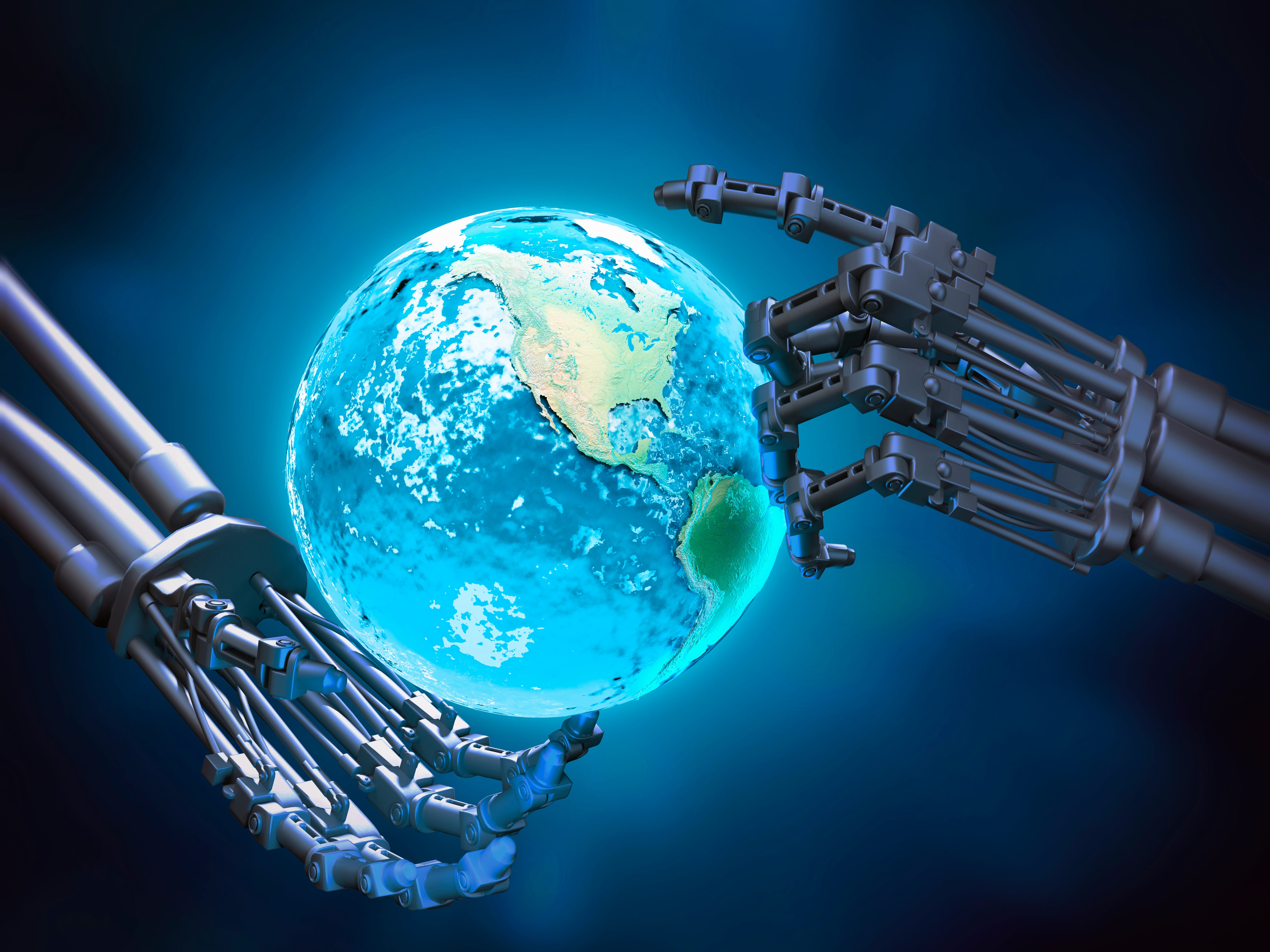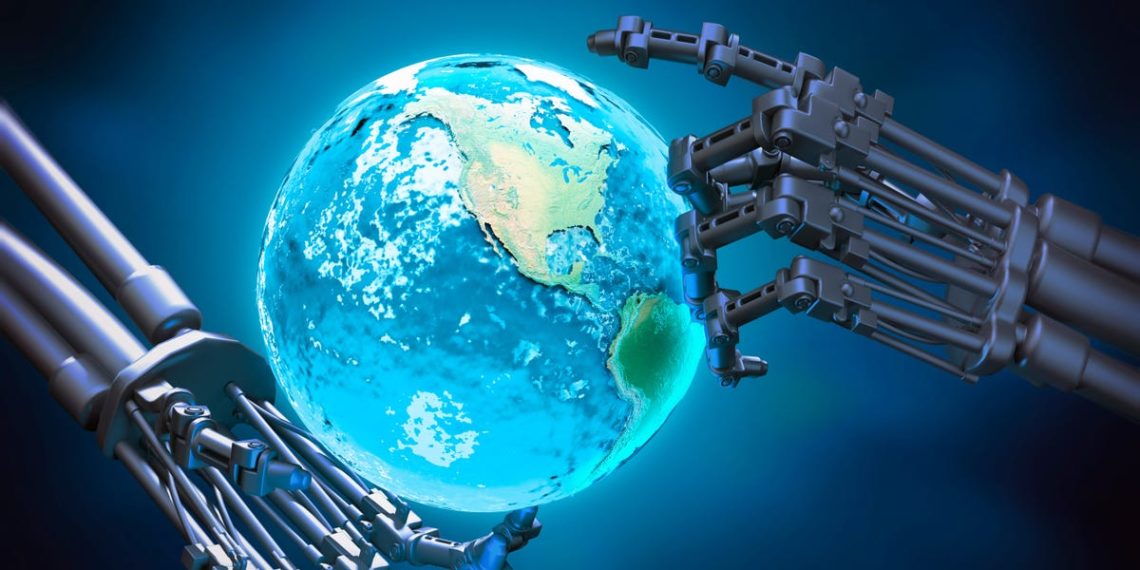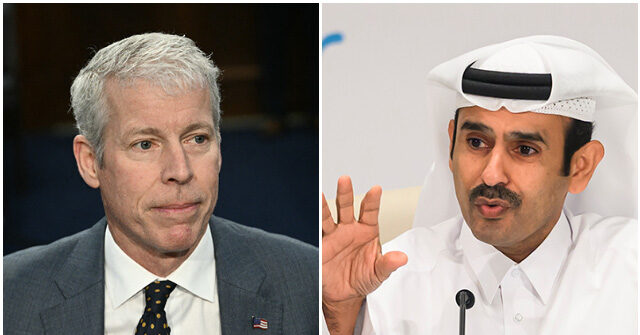
Science Photo Library via Reuters Connect
- AI is spreading faster than any tech ever, but billions are locked out, Microsoft says.
- The tech giant warns the AI revolution could deepen global inequality without urgent investment.
- Most AI models are trained in English, leaving billions unable to access tools in their language.
Artificial intelligence is spreading faster than any technology in history — but billions of people are being left behind.
That’s the conclusion of Microsoft‘s new “AI Diffusion Report,” which maps how AI use, infrastructure, and innovation are spreading globally.
The company said that more than 1.2 billion people now use AI tools, a rate of adoption that it said has outpaced electricity, computers, and the internet.
Yet this rapid diffusion is uneven.
The report revealed a widening gap between AI “haves” and “have-nots” — nations equipped with the power, data, and skills to use AI, and those that still lack the basics.
AI’s fastest spread ever — but not everywhere
According to Microsoft, countries like the UAE, with 59.4% adoption, Singapore at 58.6%, and Norway at 51.9%, lead the world in AI use.
These nations boast abundant electricity, near-universal internet access, and digitally fluent populations.
But across parts of Sub-Saharan Africa, South Asia, and Latin America, fewer than 10% of people use AI tools.
The report attributed this to low internet penetration, unreliable power, and limited access to the devices and education needed to use new technologies.
The report warned that without electricity, internet, and digital skills, communities cannot fully participate in the digital economy or benefit from new technologies.
The new digital divide: Power, not bandwidth
Microsoft framed AI diffusion around three forces: frontier builders (who develop models), infrastructure builders (who provide compute and data centers), and AI users (who apply the tools).
While frontier innovation is concentrated in the US, UK, and South Korea, the infrastructure gap is even starker.
The United States leads the world with 53.7 gigawatts (GW) of data center capacity, followed by China with 31.9 GW, Germany with 8.5 GW, and the United Kingdom with 7.4 GW.
The report said that AI’s spread depends on electricity and computing capacity as much as on algorithms or data, and that more than 700 million people still lack reliable power.
AI speaks English, and that’s a problem
Language is another major barrier.
The report said that most large language models are primarily trained on English and other high-resource languages, while the vast majority of the world’s 7,000 languages are effectively absent from AI systems, limiting access for billions of people.
Low-resource languages, including Hausa, Bengali, and Chichewa, are underrepresented in major AI models, leaving users in those regions to interact with tools that don’t understand them.
Microsoft warned that unless digital infrastructure and education catch up, “this gap will define who benefits from AI for decades to come” and could cement a new technological divide.
Read the original article on Business Insider
The post AI is spreading faster than electricity or the internet — but half the world can’t join in, Microsoft report says appeared first on Business Insider.




